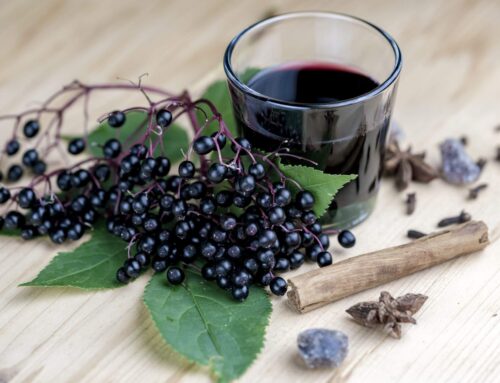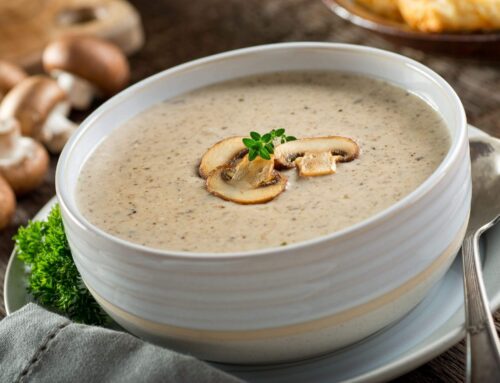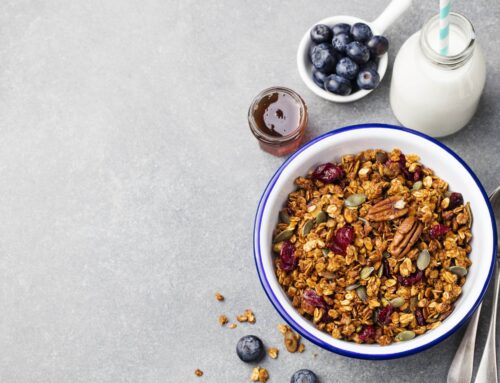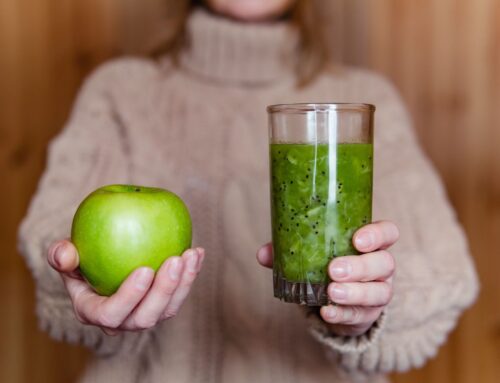With our busy schedules it gets hard not to feel stresses about something or another. In many cases, people will turn to prescription medicine to help cope with stress and anxiety. Although medicine can provide temporary relief, there are many natural alternatives that can be better for your long term health but also cheaper in the short term. One of the alternatives we recommend is herbal tea.
Tea leaves boiled in water contain antioxidants and hydrating properties, half (if any) of the caffeine found in coffee and a minimal diuretic effect. In parts of Asia, teas have been used for millennia to help with relaxation, in rituals (like spiritual and religious ceremonies), for nourishment and as healing medicine.
The following calming tea can become a ritual in your daily life for helping your body to relax, process stress and heal from the depletion that can occur as a result of long-term stressors.
Natural teas made of Passionflower, Chamomile, Hibiscus or Hawthorne are safe and wonderful choices to help keep the body relaxed and balanced during stressful times.
A great, natural and long-term approach to anxiety and stress is to sleep well, eat healthy whole foods, exercise regularly and reduce exposure to the things that make you feel stressed – your personal ‘stressors’ – as much as possible. Here’s more information about natural healthy ways to manage stress.
Passionflower (Passiflora incarnata)
Native Americans in the Southern United States were the first to record growing and using Passionflower. It contains flavone chrysin, which has wonderful anti-anxiety benefits and can work similarly to some pharmaceutical medicines – without the side effects.
The plant has been successfully used to alleviate sleep problems (insomnia), anxiety, asthma, ADHD, irregular heartbeat, high blood pressure and can even be applied topically for haemorrhoids, burns and swelling.
How to dose passionflower
Passionflower tea can be made by infusing one (1) tablespoon of dried herbs in one (1) cup of boiling water. Let the mixture steep for about 10 minutes. Drink the tea near bedtime to induce a restful sleep. You can also use two droppers-full (about 50 drops) of tincture in warm water as a tea before bed.
Passionflower is generally safe and has not been found to interact adversely with other sedative drugs. To be on the safe side, it should not be combined with alcoholic beverages or prescription narcotics.
Who should and shouldn’t use passionflower?
Passionflower works best for people with anxiety related stress, who have a lot of thoughts and experience a lot of circular thinking or obsessive contemplations.
Passionflower should not be used by pregnant or lactating women, or for children under six (6) months old.






